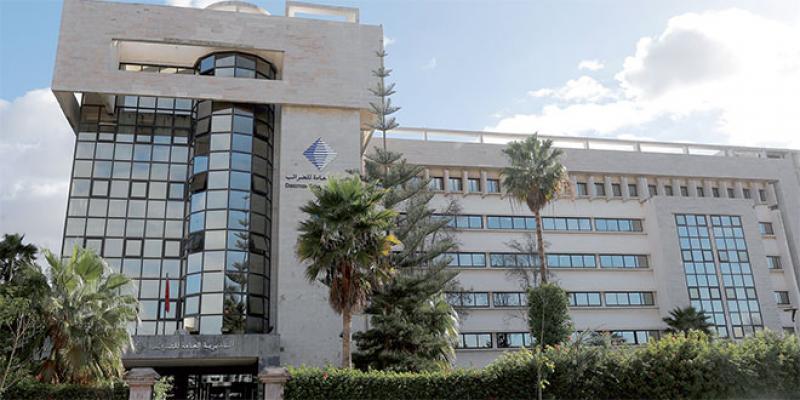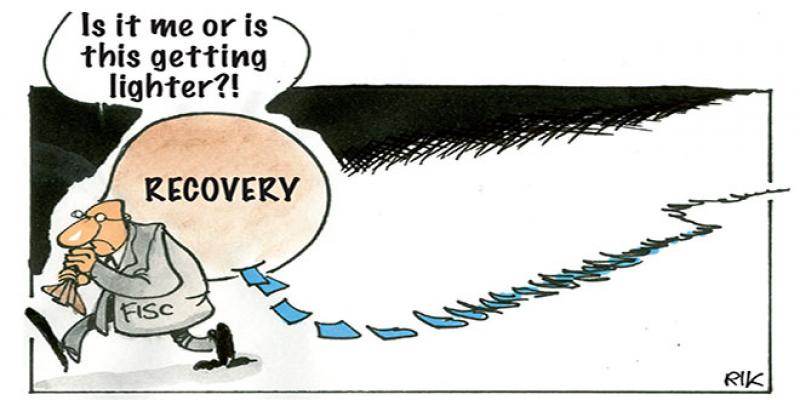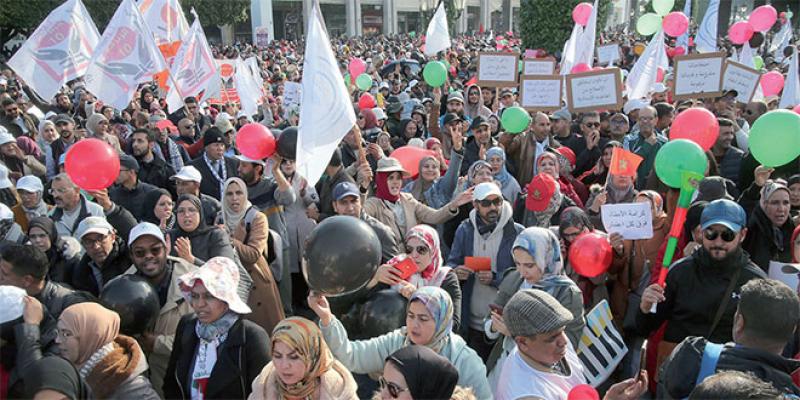The current hydrological situation and its impact on the supply of drinking water and irrigation is so alarming that Nizar Baraka made a presentation to his ministerial colleagues after the end of the government council meeting. He was therefore present at the government spokesman’s press conference to share as much of the data as possible.

Indeed, this is a dangerous situation, which calls for general mobilization in order to draw attention to water management, which certainly concerns the Government but also all stakeholders, stressed Mustapha Baitass, Minister Delegate to the Head of Government in charge of Relations with the Parliament, and Government Spokesman.
For Nizar Baraka, Minister of Equipment and Water, Morocco has entered a precise phase with five successive years of drought. The country has never experienced this level of drought since 2019. These first three months show that we are heading for another dry year. The Minister provided data to grasp the extent of the current situation. First, the average rainfall is just 21 millimeters. As a result, the average rainfall is down on an ordinary year with 67% rainfall, noted Nizar Baraka, who also cited the increase in heat which exceeded the average temperatures by 1.3 degrees Celsius during the first months of this agricultural season. This has had a knock-on effect in terms of evaporation and filling of dams. In addition, during this period, water inflows to dams did not exceed 519 million cubic meters, whereas in 2022 water inflows had reached 1.5 billion cubic meters, a drop of two-thirds. Compared with the last five years, the drop was more than 50%, as the average was 1.2 billion cubic meters, said the Minister. However, Nizar Baraka was keen to point out that rainfall on December 20, 2023 recorded 22 millimeters in the city of Tangiers… except that the water went out to sea. The rain must therefore fall in the areas where the dams are located in order to have data on water inflows. This situation has had an impact on dam levels, which currently stand at just 23.5%, or 3.75 billion cubic meters. Last year, which was also dry, and the filling rate was 31%. This represents a drop of 7 points. The filling rate for Souss-Massa is 11%, Oum Rabiaa 4.75%, Moulouya 25%, Loukkos 39%, Ziz Ghriss 27%, Daraâ Oued Noun 20%, and Tensift 46%, which led the Minister to say that Morocco is in a difficult situation, particularly the Al Massira dam system for the Settat-Berrechid area, with serious fears for the future. This dam is in a deplorable situation, with less than 30 million cubic meters available at a time when the capacity of its reservoirs is 2.7 billion cubic meters. Today, its filling rate is less than 1%. Difficulties are also being experienced in the Tangier-Assilah-Hoceima system and in certain areas of the Moulouya. The hope is that the rain will return. The next three months are the rainiest for our country. The snow is also helping to fill the dams.
Water cuts are not out of the question
regional commissions, chaired by the walis and governors, are monitoring the water situation on a daily basis. They will take all necessary steps to rationalize demand. The idea is as follows: instead of using available capacity for 3 or 4 months, it is necessary to extend it to 6 or 7 months, the time it takes for the rains to return and help overcome the problem. Measures to be taken include reducing water pressure, and cutting off water supplies if necessary. This will be decided at the local level, according to developments in the situation in each town or municipality.
Water and irrigation, the arbitration dilemma

In terms of stock management, priority is given to drinking water. Irrigation comes next. The Minister admits that sometimes there are arbitration difficulties, but priority is given to drinking water and whenever possible, «we provide contributions to irrigation to save what can be saved, since it is also a question of food security, supplying markets with necessary agricultural products, and (of preserving) the capital of small farmers. Despite the difficulty of managing this stage, we are working in transparency with citizens, with a responsibility to be assumed collectively», said the Minister.
Mohamed CHAOUI


























